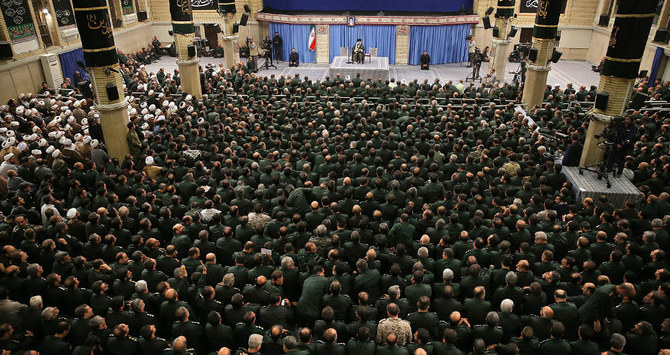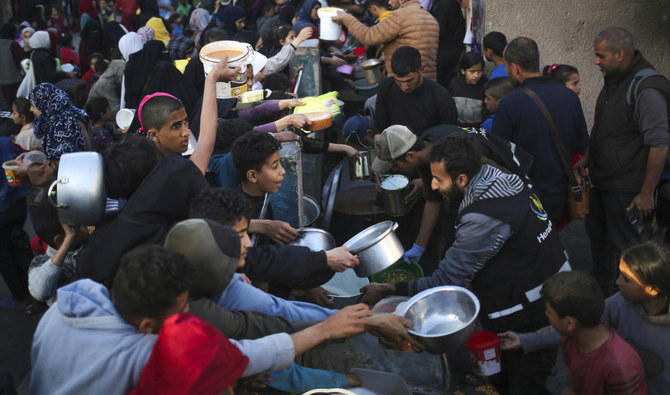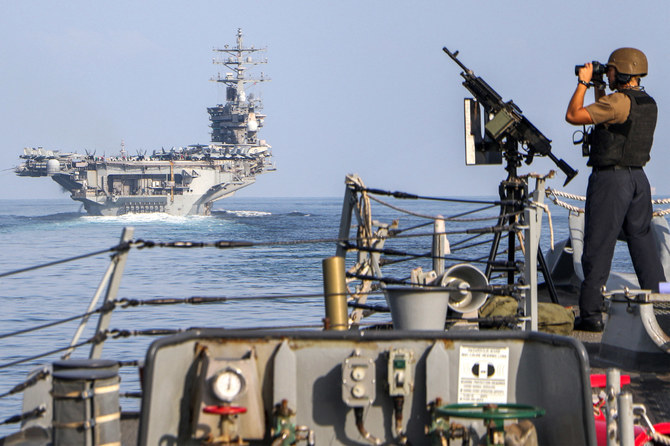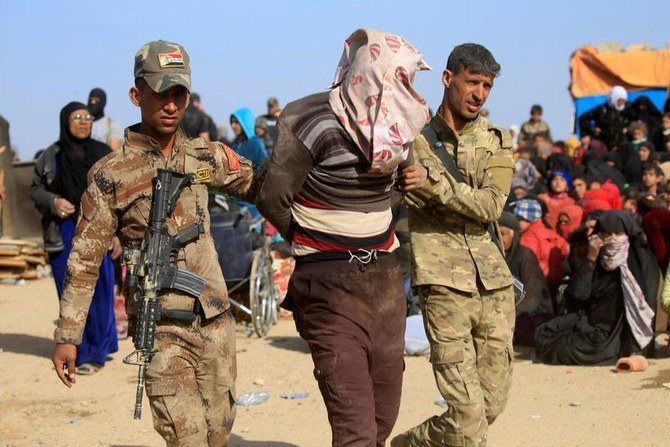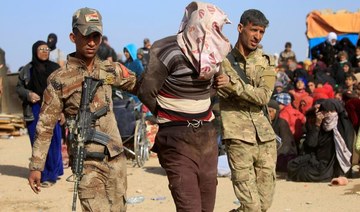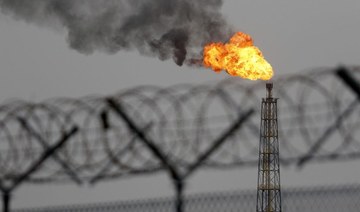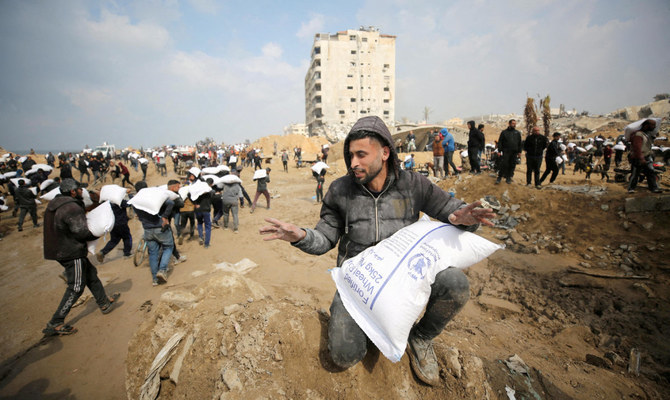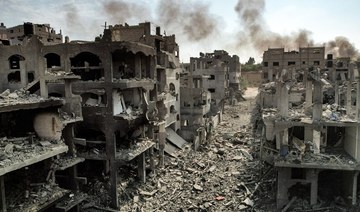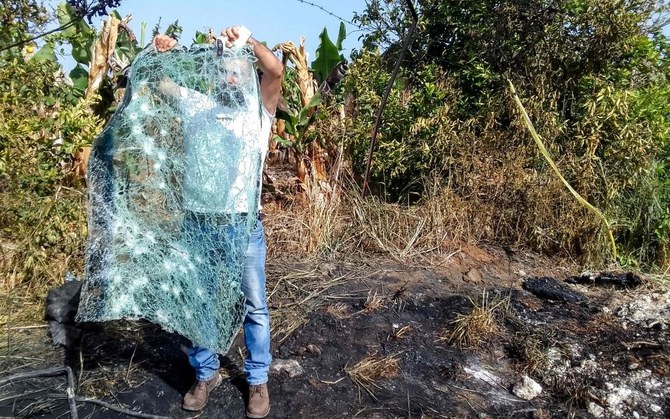DUBAI: Arabs want the US to maintain its tough stance on Iran, but are divided over what strategy Washington should employ, according to the Arab News/YouGov pan-Arab survey conducted ahead of the Nov. 3 presidential election.
The study found that Arabs were divided on what the next US president should do about Iran — but broadly supported a hard line.
According to Dr. Majid Rafizadeh, an Iranian-American political scientist and president of the International American Council, the differences in opinion may have to do with the extent of Iran’s influence in each individual country.
“While confronting the Iranian regime is the main objective, some might see diplomacy and negotiations as the best options to pursue, while others may believe that imposing pressure on the regime is the most effective policy,” Rafizadeh told Arab News.

“But as the poll has shown, the overwhelming majority prefer taking a tougher stance towards the Tehran regime. Any astute observer can see that tensions in many Arab states have a trace back to Iran and its proxies.”
Respondents in Iraq and Yemen, which have intimate dealings with Iran, were strongly in favor of a tough line. Asked what strategy the next US president should take in future dealings with Iran, a large proportion — 49 percent in Saudi Arabia, 53 percent in Iraq and 54 percent in Yemen — favored maintaining strict sanctions and a war posture.
“Concerning (these countries), Iran has powerful militias, terror groups and proxies (there),” Rafizadeh said. “It is not surprising that many people in these Arab states are frustrated with Iran’s active interference in the domestic affairs of their nations, which has wreaked havoc on people’s lives in Iraq,Lebanon and Yemen. That’s why many protesters in Lebanon and Iraq recently chanted slogans against Iran.”
Many respondents also favor a continuation of strict sanctions and the drafting of a tougher nuclear agreement with the Islamic Republic. “If you believe sanctions will bring a change to Iranian policies without a war in the Middle East, that’s the best option,” said Alex Vatanka, senior fellow at the Middle East Institute in Washington.
“Arabs choose sanctions over war. But another new war in the Middle East will inevitably drag Arab states into it, from Iraq, the Gulf states, Syria, Lebanon and potentially Jordan.”
Those who support sanctions hope economic pressure alone will be enough to alter Iran’s policy, agenda and priorities without recourse to armed conflict, Vatanka says.
“The idea that there will be a new big war between the US and Iran and that the Arab world can just sit on the sidelines and watch isn’t going to happen,” he said. “Iran has sympathizers who can come to its aid when Tehran requests it. It’s a mistake to assume Iran has no friends in the region.”
For the winner of the US presidential election, Rafizadeh says it is more urgent than ever to work in lockstep with the GCC countries. “The geopolitical sands have fundamentally shifted, and Iran has positioned itself squarely against American allies and the Gulf states,” he said.
READ: The methodology behind the Arab News/YouGov Pan-Arab Survey
“Strengthening relationships with Gulf states — both to act as a bulwark against the rising destructive tide of Iran, and to continue developing dependable, reliable security partners in the region — should be high on the presidential Iran policy agenda come January.
“Naively hoping Iran’s forces of instability can be contained with appeasement policies, as the previous US administration once did, simply isn’t an option for both future regional stability and protecting American interests in the Middle East.”
Opinion
This section contains relevant reference points, placed in (Opinion field)
As such, Rafizadeh said it was understandable that many in the region view the prospect of a Joe Biden presidency with some unease. “A reversion to any form of acceptance of the Iranian regime’s regional policy or sending ‘plane loads of cash’ to Tehran risks undermining peace in the Middle East,” he said. “Both presidential candidates must look to build on the good work of the Abraham Accords in fighting back against this narrative.”
For Vatanka, dialogue such as this could go a long way towards addressing the profound lack of political trust in the region. “The region is tired; it has gone through war, devastation, and money that could’ve been spent on job creation and schooling is being spent on arms,” he said.
“This cannot last forever, and if it does, the first people who will suffer are the people of the Middle East. And the whole world will suffer too. So you have to hope for the best and for a broader political dialogue among states of the Middle East going forward.”
Twitter: @CalineMalek




